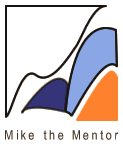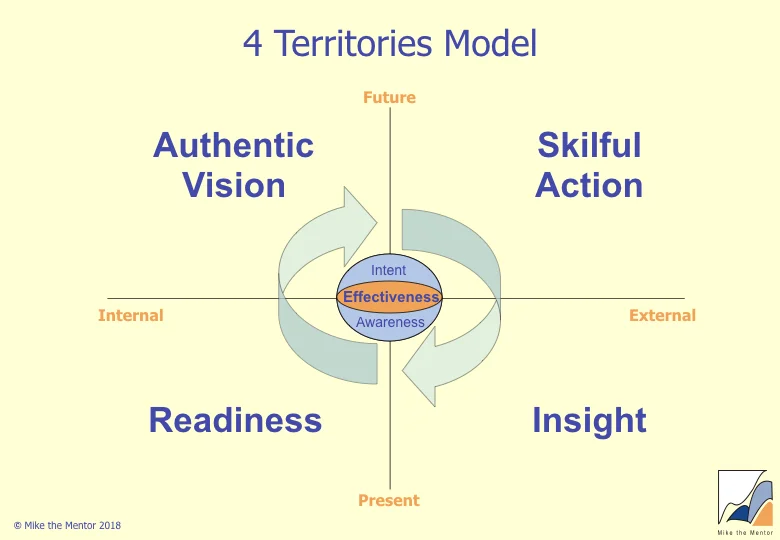Who was Mentor?
/When we speak of mentoring, we usually assume that our role model is Homer's Mentor who, in the epic poem The Odyssey, is left by Ulysses to take care of his household and son, Telemachus, whilst he was away fighting the Trojan War. However, The Odyssey relates that the elderly Mentor largely failed in his duties, neither taking care of Ulysses' household (which was overrun by suitors of his wife Penelope) nor of Telemachus (who set off without Mentor to find his father).
It was the goddess Pallas Athene (goddess of War and of Wisdom) who helped Telemachus, appearing throughout The Odyssey in a variety of human and animal forms, including that of Mentor. As Mentor she acted as a wise and trusted advisor and counsellor to her favourite Telemachus, helping him grow in experience, maturity and courage so that he became a credible ally for Ulysses on his eventual return from Troy.
However Homer's Mentor (whether as himself or as the embodiment of Pallas Athene) is not the model for modern mentors. The word actually didn't feature in the English language until 1750. Its appearance resulted from the story Les Aventures de Tálámaque by the 17th century French writer Fenelon in which Mentor was the main character. Les Aventures de Tálámaque went on to become the most reprinted book of the 18th century and led to the word mentor being resurrected after a gap of nearly three millennia. It is Fenelon's Mentor, not Homer's, that forms the basis for modern usage of the word.
The word mentor soon came to mean "a wise and responsible tutor" - an experienced person who advises, guides, teaches, inspires, challenges, corrects, and serves as a role model. With the more recent upsurge in the use of mentoring a 'development-focused' view of mentoring has emerged. For example Megginson and Clutterbuck in their book Mentoring in Action define it as "Off-line help by one person to another in making significant transitions in knowledge, work or thinking".
As the definition of mentoring continues to evolve I'm increasingly interested in an ecological view of mentoring. As we grow and mature we make the transition through a series of predictable developmental stages. At its simplest this series can be reduced to three stages, named egocentric, sociocentric and worldcentric; or "me", "us" and "all of us". The initial focus of most mentoring is on the individual mentee (egocentric). If the mentoring continues (and much mentoring is long-term) then the focus will move beyond the individual to supporting transitions in the larger groups to which the mentee belongs, in the wider society or even at the global level. As the mentee makes this journey from focusing on the self to focusing on the wider world in which they exist, the fundamental question they seek to answer is "What is it that the world of tomorrow needs that I am uniquely able to provide?"

